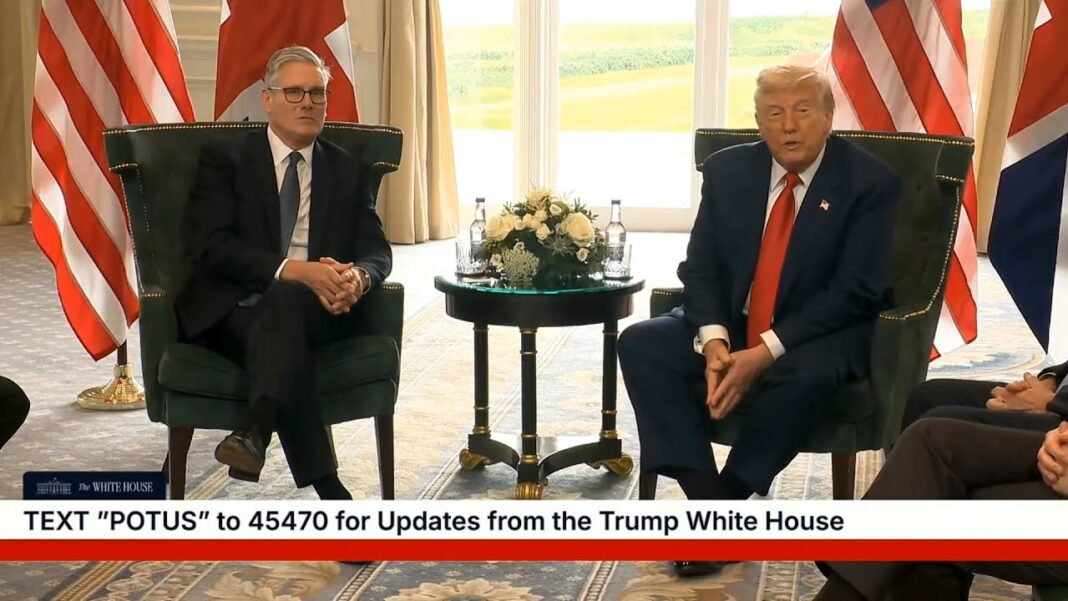The plan outlines new criteria for denying citizenship to some U.S.-born children and proposes alternative status options.
U.S. Citizenship and Immigration Services (USCIS) has drafted an implementation plan for the enforcement of President Donald Trump’s executive order restricting birthright citizenship, in the event that a court block on the order is lifted.
The USCIS plan, released on July 25, establishes new criteria that would deny birthright citizenship to certain children born in the United States, and outlines procedures for granting them alternative legal status tied to a parent’s immigration status.
Under the plan, children born in the United States to mothers who are either unlawfully present in the country, or in a lawful, but temporary status—such as on tourist, student, or work visas—would no longer be considered citizens at birth if the father is also not a U.S. citizen or green card holder.
USCIS defines “lawful but temporary” presence to include most nonimmigrant visa holders, parolees, Temporary Protected Status recipients, and those admitted under the Visa Waiver Program, among others.
By contrast, lawful permanent residents, refugees, and asylees are considered to have lawful and non‑temporary status, so their U.S.-born children would be granted American citizenship at birth.
The plan also spells out procedures for children who would be denied automatic citizenship under the policy, but one or both of whose parents have lawful but temporary status.
In such cases, the agency proposes broadening existing rules that apply to the children of foreign diplomats, who are not subject to the jurisdiction of the United States. Specifically, such children would be allowed to register for any lawful status that matches at least one of the parents, rather than being left without legal recognition.
In order to provide time to fill any regulatory gaps before such regulations are finalized, USCIS recommends deferring immigration enforcement actions against such children.
The USCIS plan acknowledges a preliminary court injunction that temporarily blocks Trump’s birthright citizenship order from being enforced, but notes that the injunction does not prevent executive agencies from drawing up implementation plans for the presidential directive.
By Tom Ozimek







